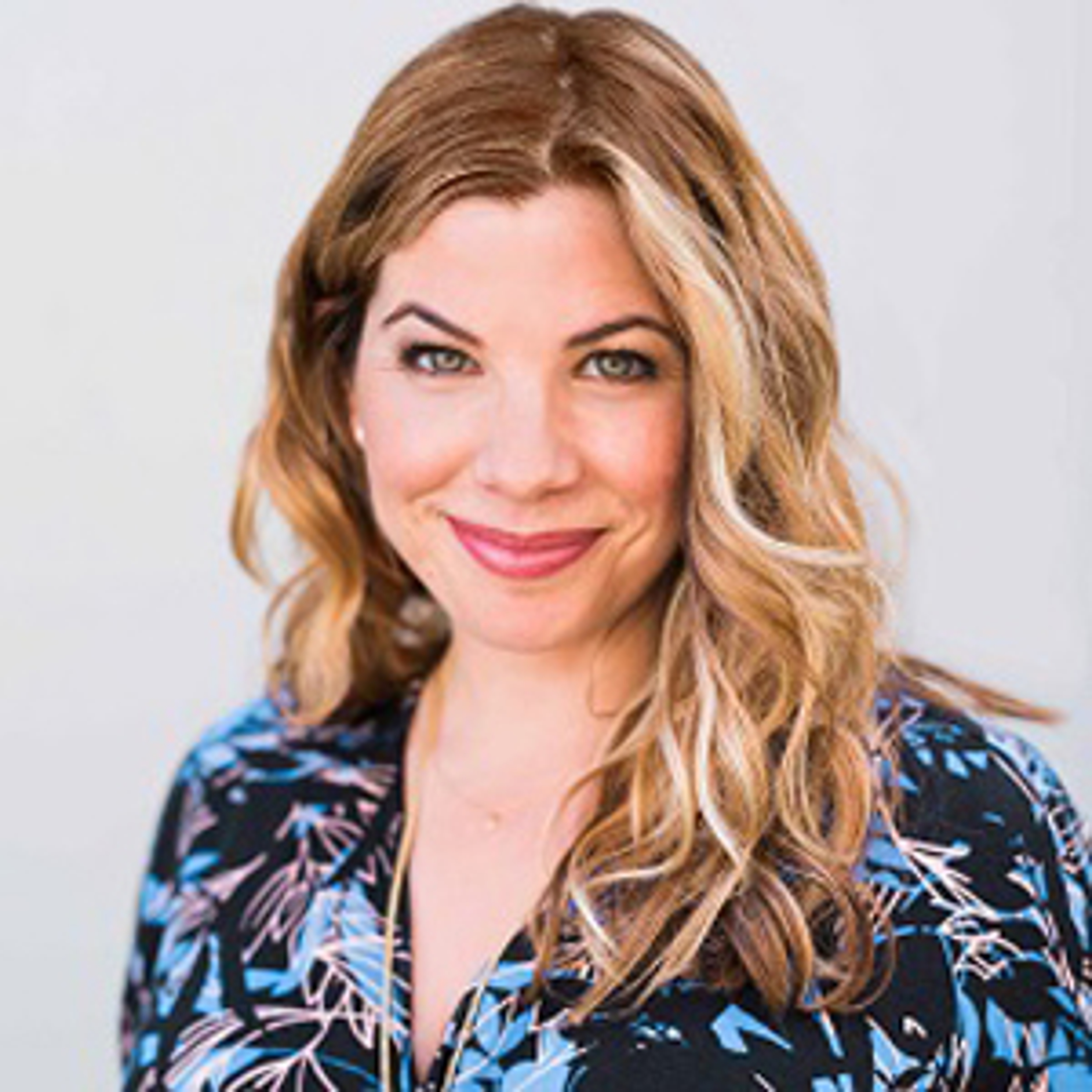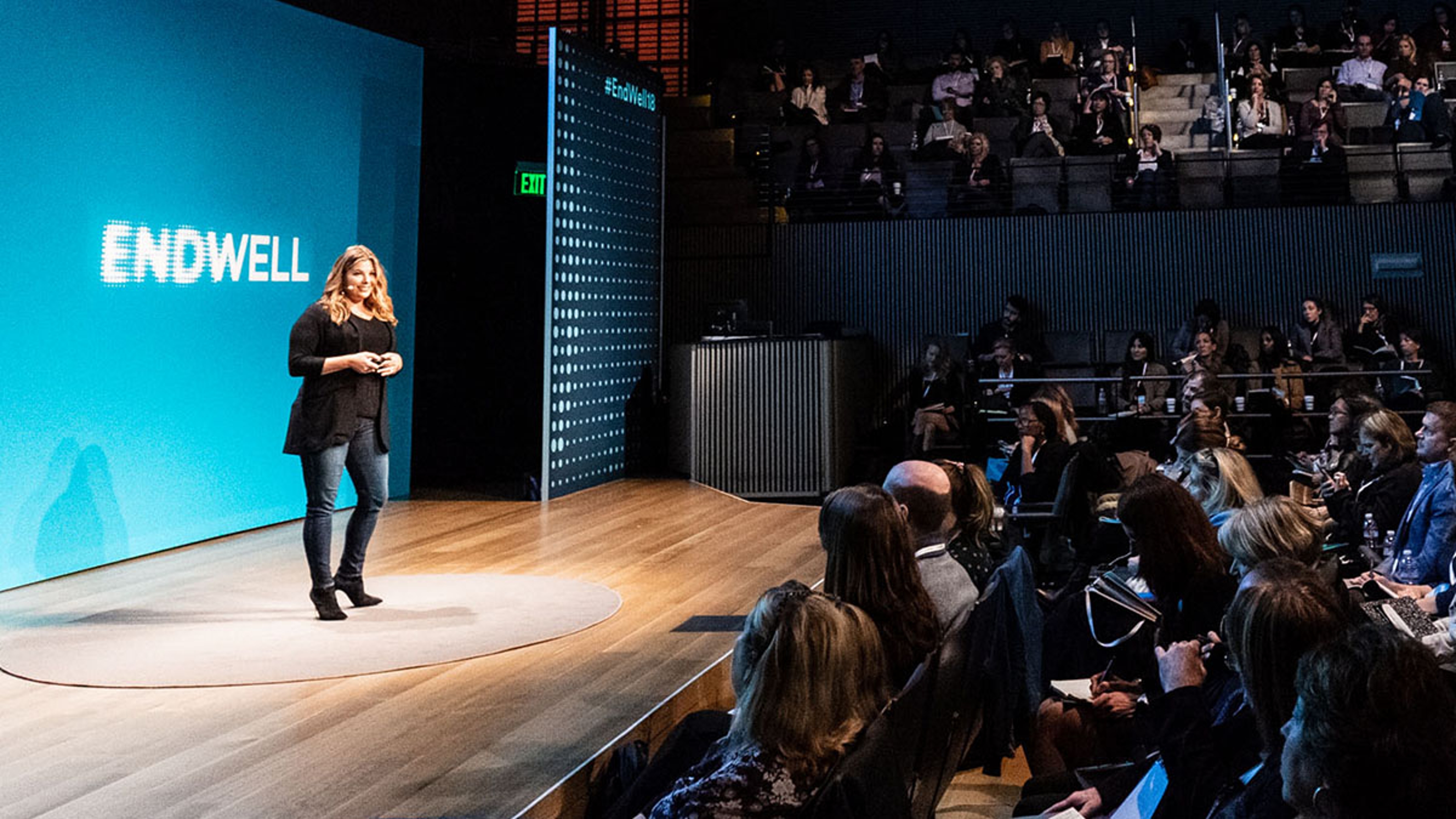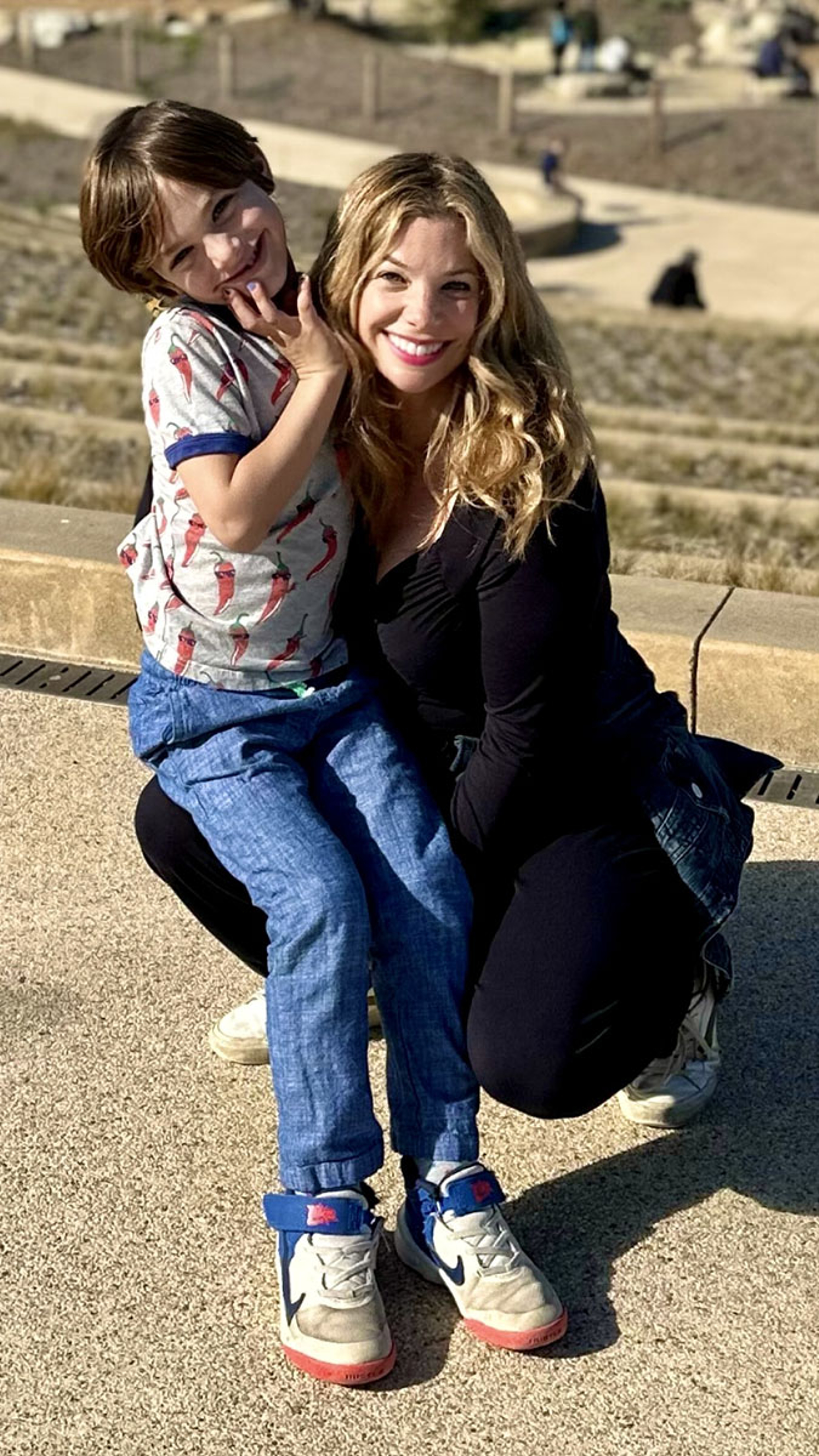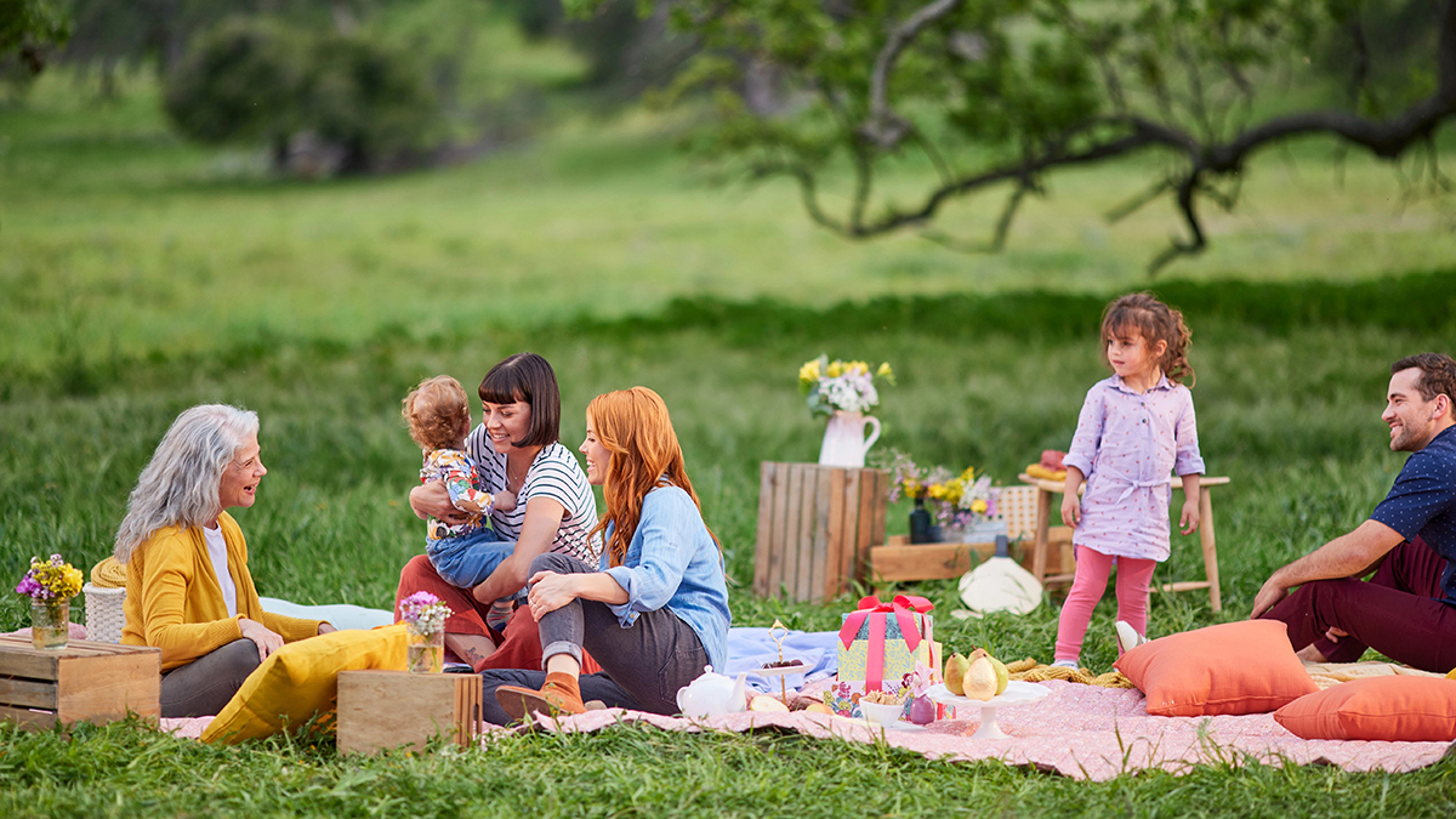Women Who Inspire: Rebecca Soffer
The Modern Loss cofounder has dedicated her life to helping others deal with grief.
Apr 08, 2023
It was clear early on that Rebecca Soffer was destined to be a storyteller. "I love learning about people's lives," she says. "Everybody's got a story...well, I just want to know all the stories."

Soffer graduated from Columbia Journalism School in 2005 and then got a job as a producer on The Colbert Report. She found she loved it. "I veered in a different direction and went into political satire versus straight journalism," she explains. "I found it to be very journalistic — you can't really ridicule or laugh at something unless you understand it really well."
That career path was turned on its head, though, when personal tragedy hit.
Soffer was only 30 when her mom was killed in a car accident. Four years later, her father died of a heart attack while on vacation.
Those sudden, profound losses left her reeling.
A place for grievers to gather
She and her friend, Gabrielle Birkner, who lost her her father and stepmother to homicide, went on to cofound Modern Loss, which combines understanding and direct talk, reaching out and fostering a global online and in-real-life community of people who can help each other through their own experiences with loss.
"There was a white space that needed to be filled in the conversation about grief and loss and resilience building, and creating community around it," Soffer says. "We knew it would resonate, and it did."
Soffer and Birkner started Modern Loss in 2013 as an online publication, and in the intervening years, it has developed into so much more.
"I could not have foreseen what it would grow into," she says. "We boiled a big pot of pasta and threw it against the walls, and fast forward 10 years, and there are thousands of original essays on the website by all sorts of people about all facets of the grief experience."
Wearer of many hats
All the while, Soffer has continued to write and tell stories. She has published two books — Modern Loss: Candid Conversation About Grief. Beginners Welcome and The Modern Loss Handbook: An Interactive Guide to Moving Through Grief and Building Your Resilience — and is a frequent public speaker on the topics of grief and how people can navigate it, because, as she says, "I am not scared to talk about this stuff."

"There's enormous value in examining these things through a licensed psychological and clinical lens, but I'm not that person," Soffer says. "I think it's also refreshing for people to hear from someone who's moving through the muck with them and who can make it clear that they aren’t alone in this crazy landscape."
Soffer manages to juggle all this, plus her role as host of Light After Loss, the Facebook Live series presented by 1-800-Flowers.com, with raising two young sons, Noah, 9, and Elliot, 6. (She doesn't sleep much.)
“My kids are used to me doing my thing," she says with a laugh. “They tell people, 'Mommy talks about death every day!' It's a normal topic. I'm a big proponent of being open with children about grief and other hard topics."
How to turn an idea into a business

Does Soffer have advice for people who have a passion and want to turn it into a fulfilling business, as she has?
"Yes, don't do what I did, which was create it first and then wonder how it will be sustainable later," she says, wryly.
Bottom line, she says, is do your research, but "if you feel you have something to say in the world or something to create, then you need to do it. I highly recommend doing your very best to drown out naysayers who are not trying to lift you up but rather are just trying to bring you down.
"There is certainly something to be said for whether a business is sustainable or whether a venture is logical. But beyond that, if it is, and if you believe in it and can afford to take the risks associated with jumping in, then carpe diem," Soffer stresses.
When the hat juggling becomes too much, Soffer gets outdoors, cycling, hiking, or skiing. "It's not even like I view it as a leisure activity," she says. "It's taking care of my mental health."
She also takes her sons camping every summer: "I love teaching my kids things that I used to do with my parents as a kid. That's one of my favorite things to do. It's a ritual that connects two important generations in my family that will never meet in person."
.svg?q=70&width=384&auto=webp)






